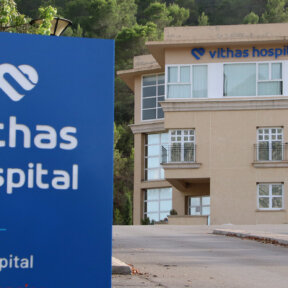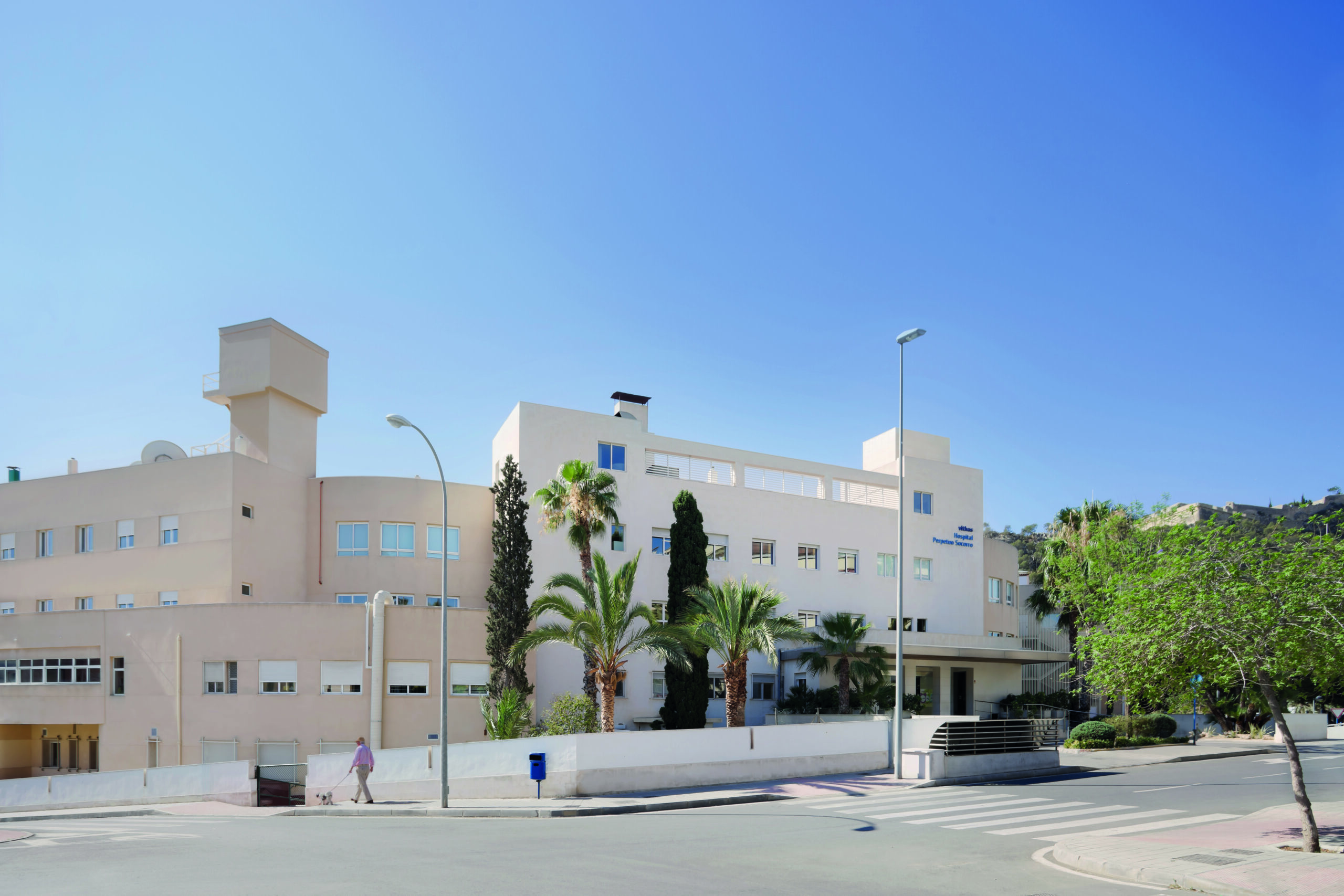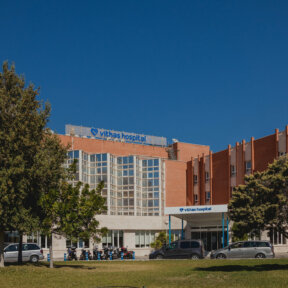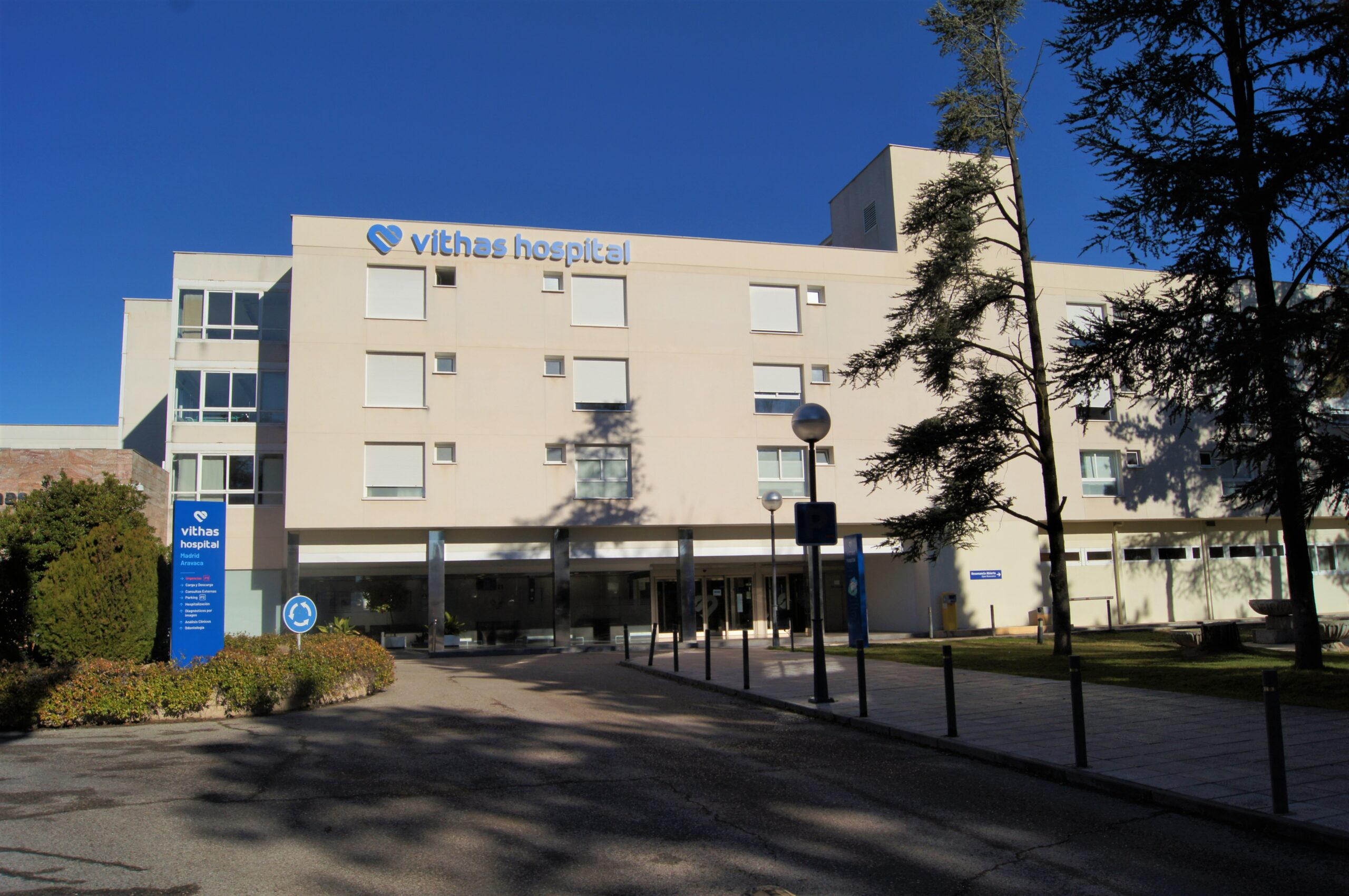What is family and community medicine?
Family and community medicine delivers general medical care to all patients. This speciality handles most primary care medical issues for all patients.
In addition, family and community medicine specialists are responsible for implementing preventive medicine and health promotion practices, before referring patients to specialised units.
Which patients is it for?
Adult patients, regardless of sex, who have primary or preventive care needs.
Main conditions and diseases, Family and community medicine specialists treat a multitude of conditions in the first instance, from influenza and catarrhal symptoms, to cardiovascular diseases, such as hypertension, hypercholesterolemia or diabetes, which can lead to more severe heart conditions.
Family doctors also usually treat anxiety and depression before referring patients to specialists, as with other diseases.
Main diagnostic resources and technology
Given the multidisciplinary nature of the conditions that family and community medicine specialists treat daily, the tools they use for diagnosing and monitoring diseases in primary care range from blood and urine tests to blood pressure measurement or physical examination, as well as electrocardiograms.
In addition, specialists can request radiodiagnostic tests — such as ultrasounds and X-rays — to confirm their medical prognoses.
Main treatments
Family practitioners usually perform general pharmacological treatments to treat various diseases. They are also in charge of prescribing preventive treatments to prevent the development of chronic diseases, such as diets and physiotherapy treatments, as well as cures for wounds, burns, and other skin lesions.
Areas of specialisation
- Hypertension Unit
- Diabetes Unit
- Lipid Disorders Unit
Special services
- Geriatric patient care
- Family planning















